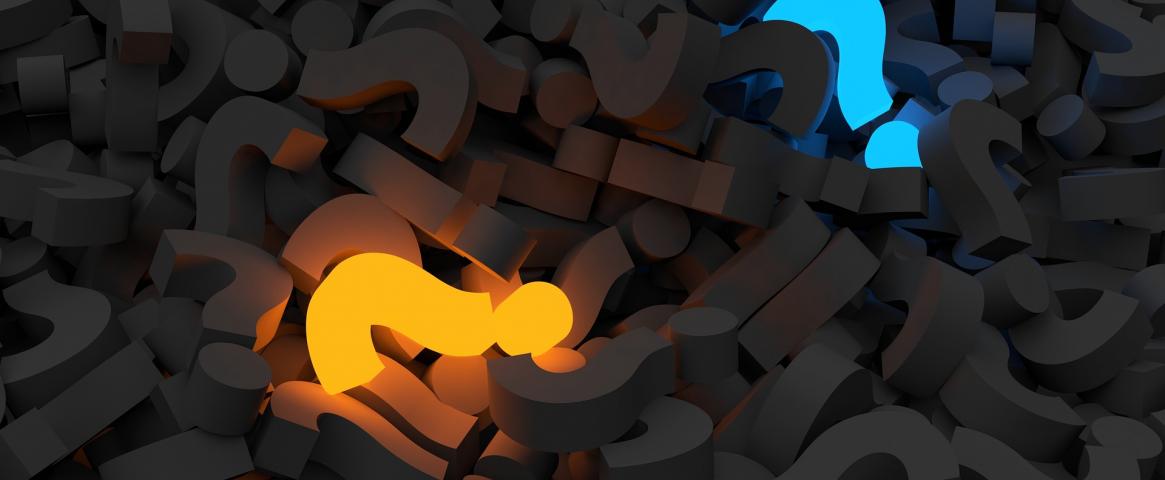Thank you for your interest in applying for a Peggy Girshman Idea Grant. The NASW Grants Committee encourages anyone who has an idea for a project or resource that could benefit the field of science writing to apply. We’ve put together these tips to help you build a successful proposal.
First, some general guidelines: The NASW Grants Committee will consider proposals from individual applicants. However, we strongly encourage collaborations. The resource or project should be accessible to all U.S.-based science writers, including members and non-members. The project should not be for individual works, such as underwriting a single investigative piece. But an Idea Grant could, for instance, underwrite a study of the state of science writing in the United States, or a handbook for science writers.
If, after reviewing this year’s application materials, you’re still not sure whether your project qualifies for an Idea Grant, we encourage you to apply anyway. You may also contact the Grants Committee at grants@nasw.org with any questions about the grants program or application process.
Here are some tips for putting together a successful application:
-
DO ensure the project/effort supports the professional lives of science writers or advances the field of science writing.
-
DO think both locally and nationally. How will you raise awareness of your event or other deliverables—both in your event’s location, and more widely?
-
DO outline your plans for diversity, equity, inclusion, and accessibility in project development, execution, and outreach.
-
DO consider project sustainability. Knowing that winning Idea Grant projects rarely if ever receive a second round of NASW funding, how will you ensure your project can continue once the initial NASW funds run out? What plans (if any) do you have for continued funding?
-
DO be sure to emphasize why you are best suited to carry out this project. Consider adding co-applicants who can provide necessary expertise, if applicable.
-
DO be sure to list possible financial offsets, such as registration fees or comp’ed services.
-
DO consider the reach of your proposed project. How many people will it impact, both within NASW and beyond it?
-
DO be conscious of the mandate to benefit U.S.-based science writers or advance the field of science writing in the United States. (We are unable to support projects that primarily benefit a foreign constituency.)
-
DO carefully consider your budget. Budgets should be feasible and detailed. (And don’t reflexively request the maximum funding, either; budget-conscious proposals tend to be viewed more favorably.)
-
DO consider charging a nominal registration fee for events (rather than providing free entrance). Past experience shows that charging a fee gives organizers a more accurate estimate of actual attendance.
-
DON’T forget to consider possible overlap with existing projects/websites/resources/etc. What makes this project unique and worthy of funding?
-
DON’T propose projects that serve mostly to advance your own career, such as a reporting trip, book, equipment, or blog.
-
DON’T forget to present a workable alternative budget.
-
DON’T neglect your deliverables. State what these deliverables will be and how they will be made available to NASW members, and propose an estimated timeline for distributing or publishing each item. Also consider: how will you ensure the continued availability of these resources over time?
-
DON’T assume in your budget that NASW will provide organizational resources such as web support and event planning, or handle other logistics required to complete your project. (For example, NASW’s event insurance does not cover events held by Idea Grant recipients.)
Hero image by Arek Socha from Pixabay




